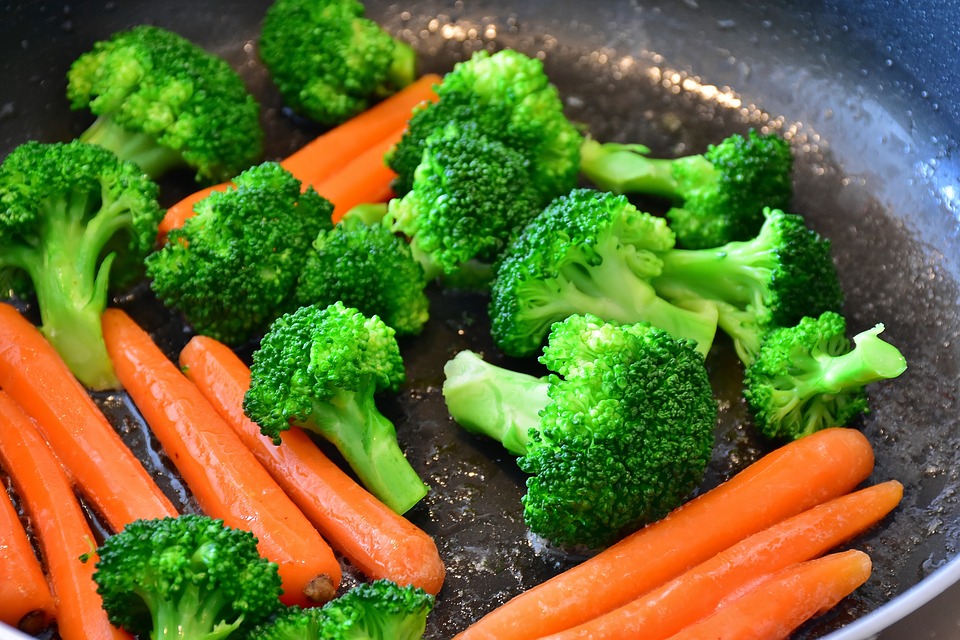Learn To Balance Your Hormones With These Lifestyle Tips
“Consume low glycemic index fruits and water-dense vegetables in smaller quantities at regular intervals”
The connection between food and mood has long been established as certain foods usually trigger the formation of certain neurotransmitters that affect mood. Also, food has been strongly interlinked to all major physiological processes of the body which are further mediated by hormones.
Food And Physiological Processes
The physiological processes could include hunger (ghrelin) and satiety (leptin) hormones, insulin post-meal, glucagon and epinephrine during fasting, or abnormal eating habits triggering rise in catabolic hormones such as cortisol, adrenaline and nor-adrenaline etc. Food and its effects on the thyroid gland and reproductive system are equally well-known predisposing often as hypothyroidism, severe acne and polycystic ovarian disease and so on.
So is there a diet that can balance all these hormones, ensure gradual weight loss and make you feel positive and energetic? Yes and no. However, there is no easy hack to balance hormones with a six to eight weeks diet programme, but there is definitely a particular lifestyle that one can adopt permanently, to reap all the above benefits. Here are a few dos’ and don’ts one should definitely adopt for hormonal balance.
Dos
- Consume low glycemic index fruits and water-dense vegetables in smaller quantities at regular intervals.
- They are a rich source of antioxidants and cause a smaller rise in blood glucose levels.
- They protect the cells from inflammatory damage and improve the quality and health of the cells.
- Consume nuts and oilseeds as a part of your daily diet.
- Walnuts and flaxseeds are especially important, as they are a good source of omega 3 precursors.
- These are responsible for producing anti-inflammatory substances that reduce internal body inflammation.
- Consume millets such as ragi, jowar, bajra as a pari of your major meals. These are good sources of complex carbohydrates and fibre and contribute to a slow rise in blood glucose levels.
- It is very important to hydrate yourself throughout the day.
- Ensure the consumption of at least two-three litres of water, divided into one-three glasses at 10-12 intervals in the day as this will help flush out all toxins from the body.
- Consume small frequent meals at regular intervals. Also try to understand your body and focus on the signals it tries to provide such as burping after a meal.
- Suggesting that you have eaten more than enough, repeated growling n the stomach indicating hunger, constant headaches could be due to lack of water or lack of sleep etc.
- Ensure to get at least seven to eight hours of sound sleep. Keep gadgets away at night and focus on how your day was and how tomorrow would be a better day.
- Have a positive approach to life while reducing feelings of sadness, anger and frustration as you accept every situation as it comes.
- Last but not the least, ensure you indulge in a physical activity routine of your choice and stick to it for at least four-five times a week.
- Exercise has been researched to stimulate endorphins/feel good hormones that up energy levels and make you feel positive.
Don’ts
- All refined products, including cereals and sugar should be avoided, as they cause a sharp rise in blood glucose followed by a sharp release of insulin.
- Consuming these foods on a daily basis may soon exhaust the pancreas and increase the risk to insulin resistance and diabetes. And insulin resistance alone, is a risk factor for PCOD.
- Avoid all foods that are packaged or processed in any way.
- Most of these products contain heaps of sodium or similar preservatives and artificial sweeteners These also interfere with hormones, especially of the adrenal glands to balance blood pressure.
- Most animal products including meats, fish, cured meats etc, are required to be avoided as the content of lead and mercury has been found to be quiet high in these animals.
- Because not all animals are organically fed and especially fishes have been found to consume a lot of plastic due to our dumping of the waste in the waters.
- Dairy products may be avoided in the case of lactose intolerance and other substitutes like soy milk, tofu, miso, curd and buttermilk (to some extent), almond milk, coconut milk etc. could be used as replacements.
- Avoid refined vegetable oils and include cold pressed oils.
- Other oil options can be olive oil or ghee, which are rich sources of mono unsaturated fatty acids that keeps body inflammation at bay.
Footnote
As our lives are fast-paced, we often forget the real meaning of ‘wealth.’ It surely is not the money we are trying to accumulate as security or to match our lifestyles, but it is rather our ‘health’ that is our lifelong safety deposit.
